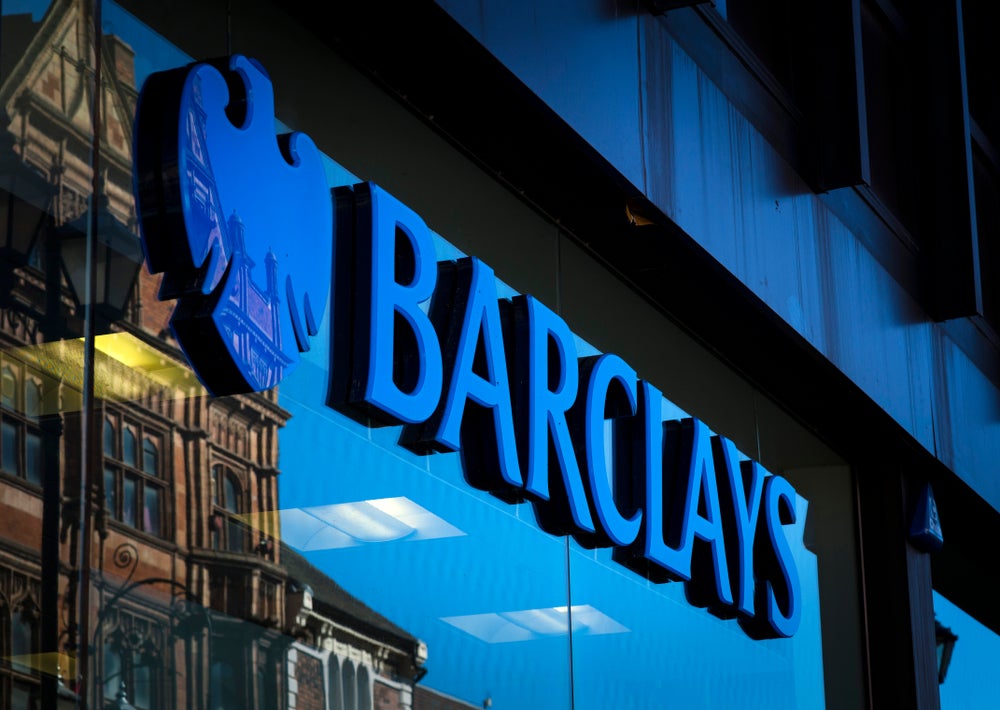banks remains volatile. Most of the top 10 wealth managers were hit
by provisions to buy back auction-rate securities after the market
collapsed in February. Their losses on the securities now total
$3.2 billion. John Evans reports, research by
John Hill.
Most of the major US wealth managers suffered steep declines in
third quarter profit figures – much of which was accounted for by
provisions relating to the buy-back of auction-rate securities
(ARS).
The $330 billion market for auction-rate securities, debt
securities which allowed businesses and state enterprises to raise
long-term funding at short-term rates through a bidding system,
froze in February leaving holders of the debt unable to sell. Since
then, provisions for repurchasing ARS from customers have cost the
10 wealth managers in PBI’s survey a combined total of
$3.2 billion, leading to some spectacular declines in profit
figures.
Wealth industry leader UBS, one of the worst-hit by the ARS
debacle, booked all of its CHF919 million ($752 million) of ARS
provisions in the second quarter, meaning its third quarter
earnings were more upbeat. It posted net earnings of CHF296 million
in the third quarter, its first quarterly profit in a year.
Still, UBS remains vulnerable, despite its plans to raise CHF6
billion from the Swiss government and the quarantining of CHF60
billion of toxic assets to a special Swiss central bank fund.
The Swiss National Bank has been forced to warn off other banks
from plundering their weakened rival, calling on them to avoid
poaching customers from UBS.
How well do you really know your competitors?
Access the most comprehensive Company Profiles on the market, powered by GlobalData. Save hours of research. Gain competitive edge.

Thank you!
Your download email will arrive shortly
Not ready to buy yet? Download a free sample
We are confident about the unique quality of our Company Profiles. However, we want you to make the most beneficial decision for your business, so we offer a free sample that you can download by submitting the below form
By GlobalDataSigns of recovery at UBS
UBS said, during the quarter, there were “encouraging signs for
net new money flows” following the government bailout. Even so, the
key wealth management business recorded outflows of CHF49.3 billion
during the quarter. Profit at the wealth management and business
banking unit fell 21 percent to CHF1.86 billion.
UBS chief financial officer John Cryan said while signs of
stability were evident, clients may keep removing funds for some
time as part of a “general trend of deleveraging. That manifests
itself in clients effectively selling investments and withdrawing
proceeds to pay down debt.”
Credit Suisse (CS), which has declined to participate in the
Swiss government support fund, reported a third quarter loss of
CHF1.26 billion after new write-downs and trading losses.
But its private bank attracted a healthy CHF14.5 billion of net
new money in the quarter and made a before-tax profit of CHF789,
despite ARS write-downs of €310 million ($388 million).
Despite the Swiss National Bank’s warnings, CS plans to benefit
from UBS’s problems in the US, where it is subject to searching
regulatory investigations over offshore tax evasion.
CS chief executive Brady Dougan, asked in an interview whether
its US strategy was to replace UBS, said: “Yes, we are benefiting
from an opportunity.”
Elsewhere, Julius Baer Group, in an interim statement, disclosed
that net inflows in private banking were significantly above the
2007 level, supported by its strengthened franchise and with all
private banking regions contributing to the increase.
Royal Bank of Scotland Group could suffer an annual loss after
it announced it had been forced to write down £1.2 billion ($1.9
billion) of bad assets in the third quarter. The bank is being
bailed out by the government for up to £20 billion, meaning the
state will now effectively control 60 percent of the
Edinburgh-based group.
While its private banking arm Coutts, like other wealth
managers, has seen volatility among clients, Coutts sources have
denied any suggestion of defections over confidentiality issues now
the UK government is taking a major stake in the parent. It is
being stressed that shareholders, whatever their origin, are “not
entitled to seek access to client information”.
Most of the major US wealth managers suffered sharp declines,
with Morgan Stanley the worst hit. Its $34 million loss included
ARS provisions of $277 million.
Revenues at Citigroup’s Global Wealth Management division fell
10 percent in the third quarter, impacted by a decline in capital
markets and investment revenues as well as falls in total client
assets under management.
Client assets under fee-based management declined in the quarter
by 19 percent to $41.5 billion, mainly due to lower asset
valuations reflecting negative markets.
Overall, total client assets under management fell 16 percent to
$1.53 trillion, after hitting a peak of $1.82 trillion in
third-quarter 2007.
But client asset flows were a positive $3 billion in the quarter
versus an $11 billion outflow in the previous quarter and $8
billion inflow in same-period 2007.








